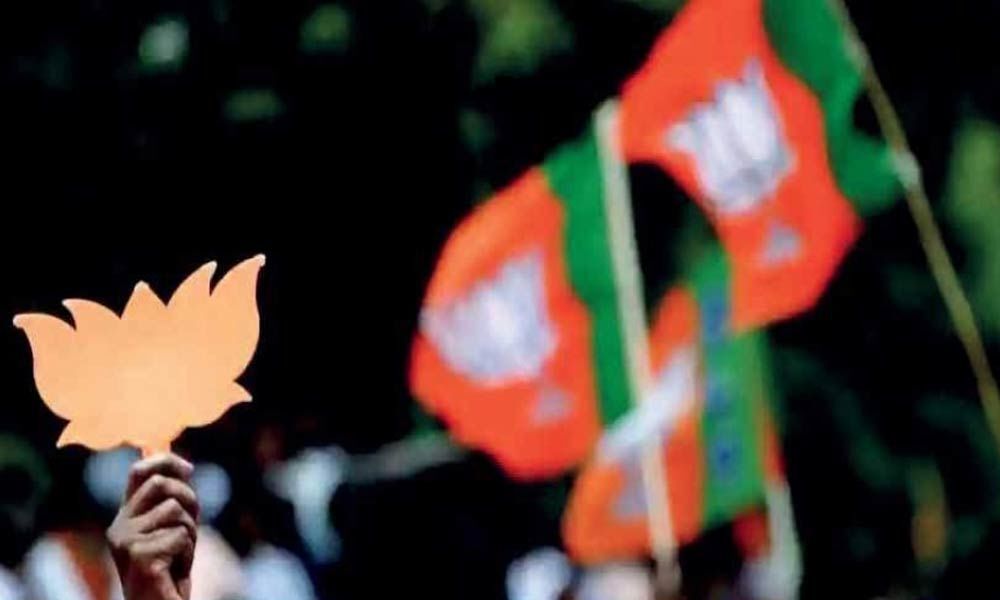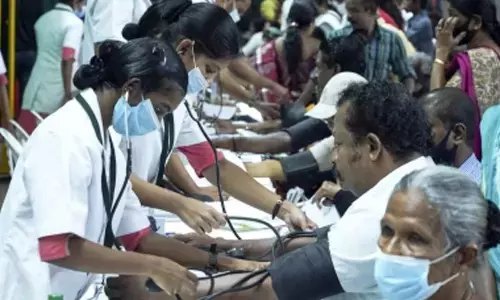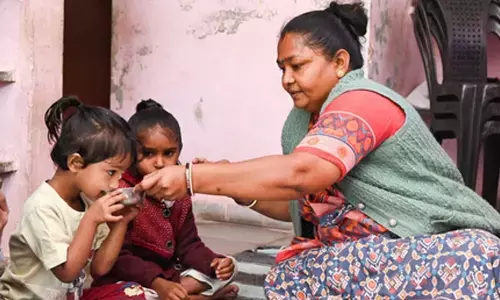'India was never a theocratic state and can never be one': Top Indian cultural diplomat

An autonomous organisation of the Indian Government, ICCR's main mandate is to be involved in India's external cultural relations, through cultural exchange with other countries and their people.
WASHINGTON: Asserting that pluralism is an integral part of the idea of India, a top Indian cultural diplomat has said that India "was never and can never be a theocratic state." Vinay Sahasrabuddhe, President of Indian Council for Cultural Relations (ICCR) made the comments on Monday in response to a question at The Hudson Institute think-tank here.
"Pluralism is an integral part of the idea of India...India was never a theocratic state and can never be a theocratic state, Sahasrabuddhe said, adding that the objective now is to move towards what Babasaheb Ambedkar has famously appealed to achieving social and economic democracy.
An autonomous organisation of the Indian Government, ICCR's main mandate is to be involved in India's external cultural relations, through cultural exchange with other countries and their people.
In his talk on Prospects and Challenges for New India, Sahasrabuddhe spoke of the need to prevent fragmentation within India.
However, there are those who argue that over the last few years there have been attacks on what were once core Indian principles: pluralism, tolerance and free speech.
What would you say to this and how do you think the government plans on ensuring social cohesion? Hudson scholar and moderator Aparna Pande asked.
Replying to the question, Sahasrabuddhe said that there should not be an iota of doubt on the BJP's objectives and intentions.
Whenever the BJP comes to power, all of these things attract more attention in the media as if they were not happening earlier, he noted.
These are unfortunate incidents and Prime Minister Narendra Modi has in no uncertain terms decried them, denounced them, condemned them, and called upon the law enforcement establishment to take sternest possible action. So that goes beyond out. Nobody is defending here all kinds of wrongdoings, said Sahasrabuddhe.
Therefore, pluralism is something which is an inherent part of the idea of India... it's something very cardinal.
In fact, we have been saying that Indian political democracy and its success,...I would very humbly put them that the roots of India political democracy are in our spiritual democracy, he said.
Earlier, in his remarks on Prospects and challenges for an emerging New India, he dwelt on Prime Minister Modi's vision for a New India characterised by politics of performance', good governance and development as drivers of democracy and tools of social integration, cooperative federalism, women empowerment and welfare measures for the disadvantaged sections of society.
Sahasrabuddhe also attended a round-table interaction hosted by Indian Ambassador to the US Harsh Vardhan Shringla with members of the US Administration, Congress, academia and think-tanks.
His engagements in Atlanta included a meeting with US Congressman John Lewis and the unveiling of a bust of Mahatma Gandhi at the Consulate General of India, Atlanta.
He also paid homage to the statue of Mahatma Gandhi at the Martin Luther King Jr. National Historic Park.
During his meeting with Congressman Lewis, Sahasrabuddhe applauded his efforts to introduce the Lewis Bill' in the US Congress which is an initiative to celebrate the legacies of Mahatma Gandhi and Martin Luther King.
















